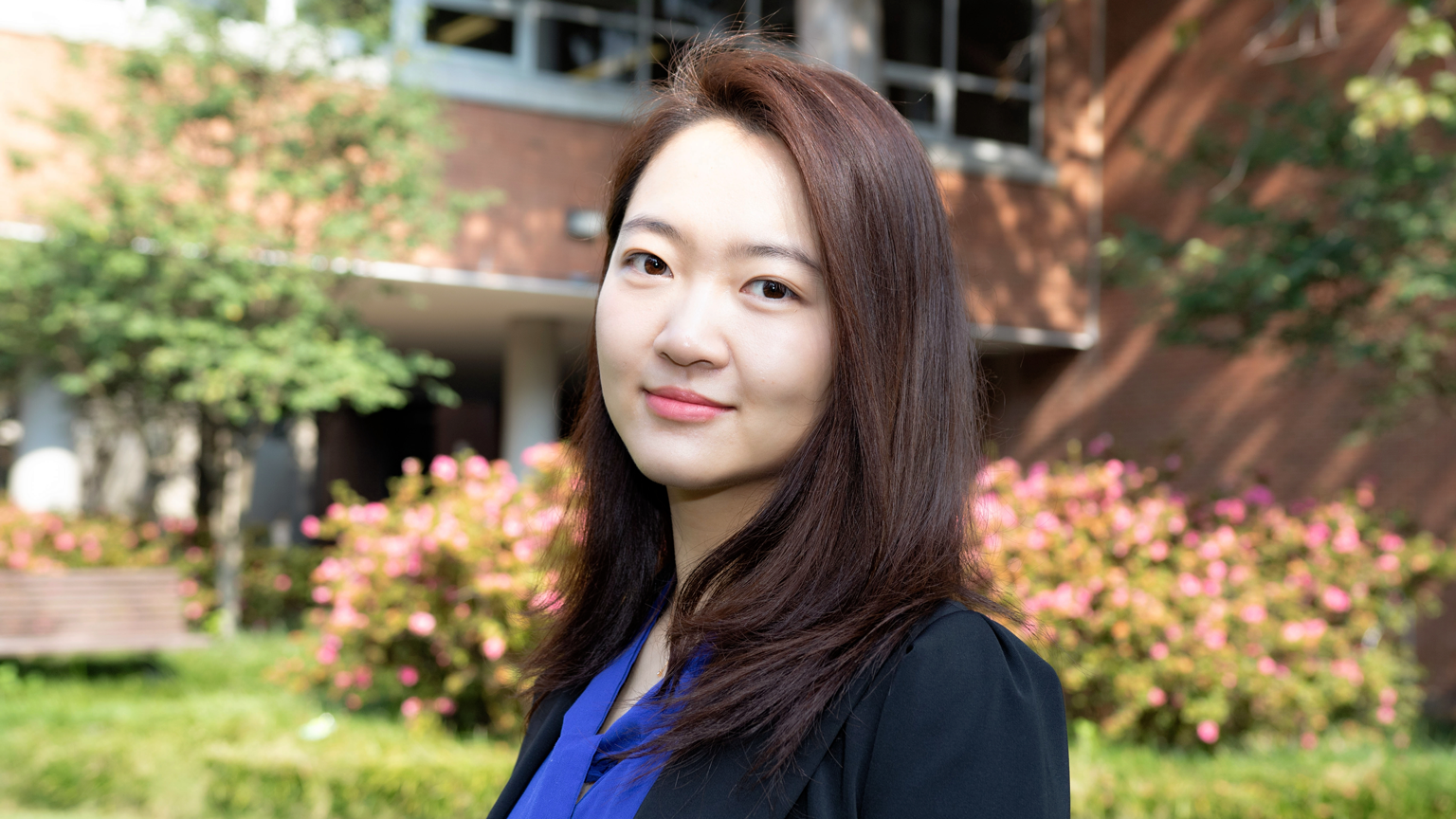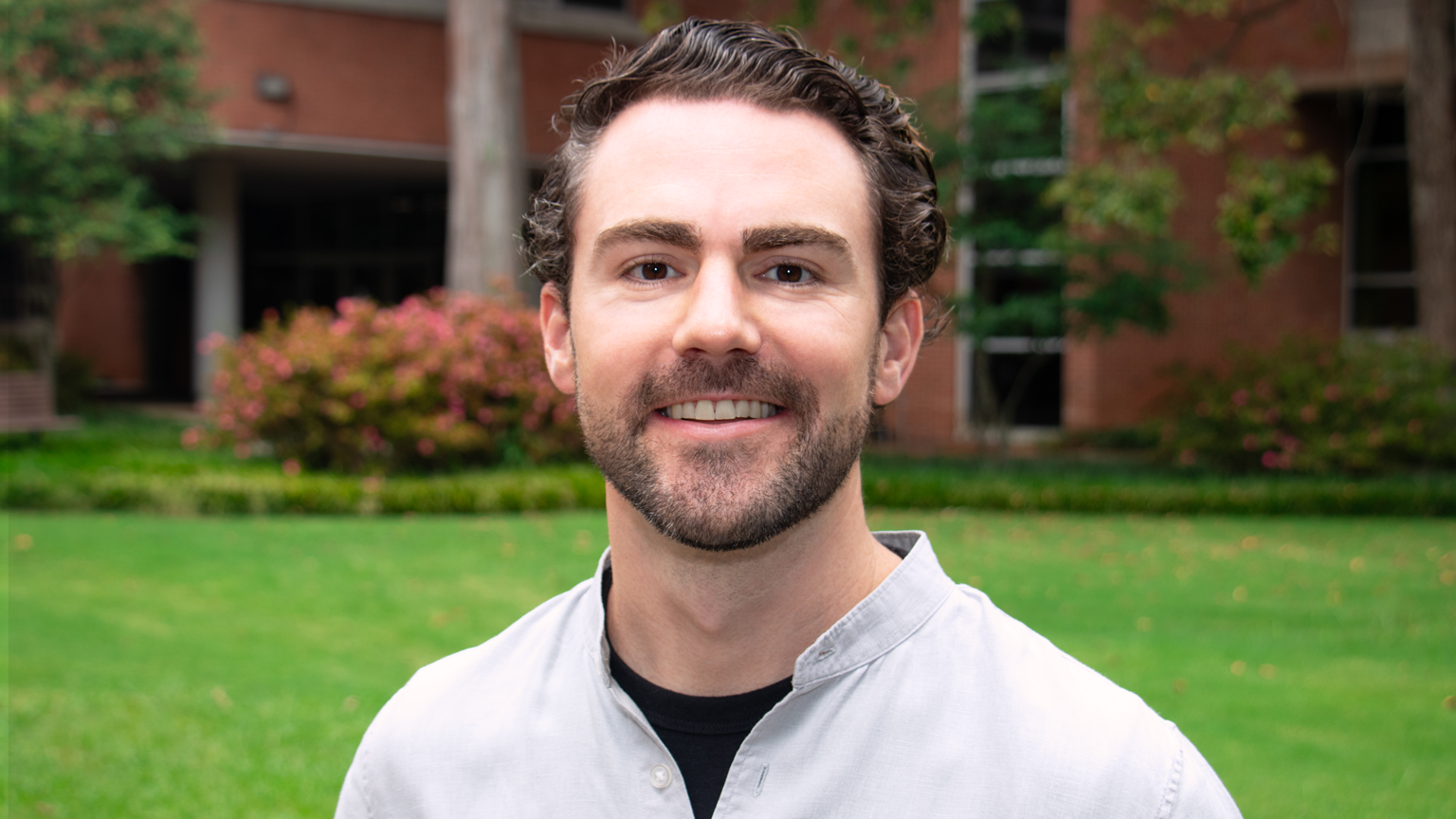New Faculty Join City and Regional Planning
Yiyi He and Gregory Randolph joined the School of City and Regional Planning as Assistant Professors for the 2023 Fall Semester.
"With their exceptional qualifications and expertise," said Gulsah Akar, Chair of the School. "Gregory and Yiyi will bring fresh perspectives and contribute to our scholarly community, allowing us to explore new avenues of research and intellectual growth."

Yiyi He
Assistant Professor
Yiyi He's research centers on the interdisciplinary fields of urban planning, GIScience, climate science, and artificial intelligence. She is interested in building a better understanding of the uncertainty and asymmetric impacts of climate-change-induced extreme weather events (e.g., flooding, wildfires, extreme heat) on critical components of the built environment (e.g., lifeline infrastructure networks, vulnerable neighborhoods). She tackles complex challenges in climate change and resilience research using data-driven approaches, such as GIS, network science, hyperspectral remote sensing, machine learning, and spatial statistics. Her previous work involves using 3D hydrodynamic flood models to simulate flooding under different climate change scenarios and analyze the impact of both coastal and inland flooding on critical infrastructure networks.
As a new faculty member at Georgia Tech, she is excited to collaborate with faculty members within the School of City and Regional Planning (SCaRP) and across campus to tackle the most challenging issues in urban planning and beyond.
What makes Planning at Georgia Tech unique is its integration with Atlanta's vibrant metropolis and its devotion to developing innovative planning solutions to some of the most challenging climate-change-driven issues in our field.

Gregory Randolph
Assistant Professor
Randolph's work focuses on emerging patterns of urbanization and what they mean for planning’s efforts to forge more inclusive and equitable urban and regional economies. These interests have led him into a combination of research, practice, and policy work in a wide range of places and institutional contexts — from community-based research in urbanizing villages in India to economic development policymaking at the City of Los Angeles to network-building among civil society organizations located across the Global South.
He is looking forward to building new research collaborations with faculty and students at Georgia Tech’s School of City and Regional Planning (SCaRP) — especially projects that take a comparative approach between Global North and South.
According to Randolph, what distinguishes SCaRP is the way its students and faculty harness the latest technological tools and methods to understand and address the biggest challenges facing 21st-century planners—all while remaining grounded in enduring planning principles of equity, sustainability and inclusion.
Randolph's first article with Georgia Tech affiliation, "Does urbanization depend on in-migration? Demography, mobility, and India’s urban transition," has just been published in Environment and Planning A: Economy and Space.
